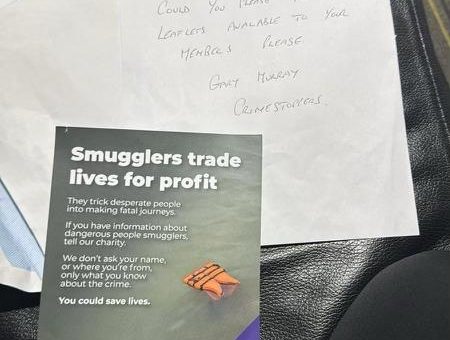Countries could soon use private security companies to make it easier to go to war and make them last longer, claims new research by the University of Manchester.
The study also suggests that problems caused by employing private security companies to fight in wars could outweigh the financial savings.
Since the end of the Cold War, the private military industry has grown rapidly and is often claimed to be one the most significant changes in the military profession over the past three decades.
And in recent years, private firms like G4S have been used to reinforce the state troops of Iraq and Afghanistan and through privatisation, it is intended that financial and human losses will be reduced.
However, Senior Lecturer in Politics at the University of Manchester, Dr James Pattison, claims that despite frequent discussion of the potential benefits and disadvantages of private military and security firms, the full ethical considerations are rarely elaborated on.
“There is a general perception in neoliberal countries such as the US and UK that privatising will save money,” said Dr Pattison.
“Using these private companies instead of deploying more troops costs less because you don’t have to pay for people’s pensions, and you only have to pay them while they are at war.
“If states can employ private security companies to circumvent some of the constraints of international law, then it makes it easier for them to go to war.
“This could make wars more likely, and potentially make them last longer in the future.”
Dr Pattison suggests that private contractors are more likely to be motivated by financial gain than regular soldiers, which can make it harder to win the hearts and minds of the local population; crucial in certain operations.
Also, unlike enlisted soldiers, private contractors are free to select the wars in which they fight, raising issues of democratic control.
Often acting outside of full government supervision and inefficiently regulated by international law, criticism of private security companies centres mainly on the violation of civilians’ human rights.
One such case to make headlines in the UK was the 2009 murder of Droylsden dad-of-two, Paul McGuigan, by G4S employee Daniel Fitzsimons in Iraq.
Fitzsimons, who was already suffering from post traumatic stress disorder when he arrived in Iraq, was also on bail for firearms offences after leaving the Parachute Regiment.
G4S, the world’s largest security company, later came under fire for not vetting Fitzsimons properly and was accused of corporate negligence which was a contributory factor in the death of McGuigan.
Until January 1 2009, foreign contractors working in Iraq had legal immunity until a pact between the US and Iraq ended the agreement, an important development for Iraqis who viewed security contractors operating in their country as reckless and acting with impunity.
By employing private contractors, governments circumvent many of the constitutional and parliamentary constraints normally placed on them when deciding to send troops into action.
Using contractors gives governments further scope to start wars covertly, or to extend state involvement while avoiding public debate beforehand.
Dr Pattison added: “The ethical problems associated with use of private security companies are not simply contingent on the lack of regulation.
“They are deeper in that they cannot be addressed by regulation alone. Ultimately, their use should be eschewed, given the significant ethical concerns.”
Image courtesy of The US Army, with thanks



